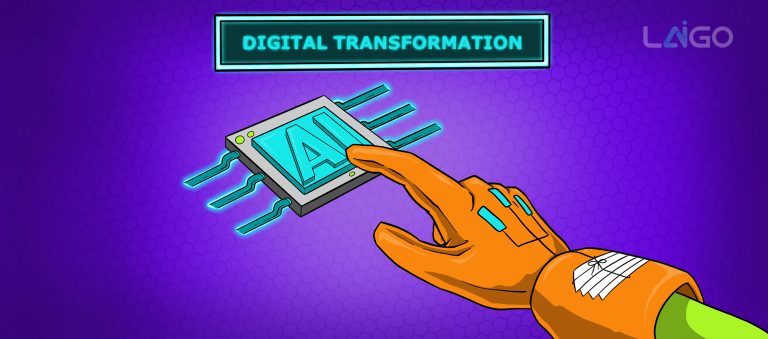Most people associate accounting and the tasks that need to be done there with boring, tedious routine work. But this perception could change rapidly, because the very repetitive activities that are responsible for this image of accounting predestine it for AI-supported workflows. In this way, accounting can become a pioneer of change through the use of cutting-edge technology in business.
How AI is transforming operations
We had already introduced Intelligent Document Processing, intelligent document capture as an entry-level and basic technology for traditional back-office tasks, in one of the previous blogposts. It also paves the way for automated processes in accounting, because it is used to capture documents, read information from the documents and assign it to the corresponding data records and follow-up processes.
Details of incoming and outgoing invoices and other documents relevant to accounting no longer have to be manually entered into the system by employees, checked for completeness, categorized according to company rules and compared with master data. Instead of human labor, AI-powered software based on machine learning performs this rule-based work quickly, reliably and with a lower error rate than humans. It detects when information on documents is inconsistent or incomplete. Once the documents have been captured and checked, further process steps in accounting can be automated by AI, such as the reconciliation of open items or the initial account assignment.
What changes for employees
AI in accounting increasingly automates processes and thus changes the activities of employees. Instead of entering information from invoices or receipts, they monitor and check the machine work. And they optimize it by manually intervening when errors occur and taking advantage of the software’s learning ability to make improvements. As a result, the focus of their job shifts from repetitive process work to process design.
What are the benefits for companies
Companies of all industries and sizes, from small businesses and startups to specialist departments in large companies and accounting and tax service providers, benefit from AI-powered solutions. All processes take place automatically and quickly, information from documents is available in real time after import and can be used for daily updated financial overviews. In addition, further analyses enable data-supported decisions to be made, for example for liquidity planning. Furthermore, analyses can include more information than just that required for booking processes. This opens up optimization potential beyond pure accounting.



